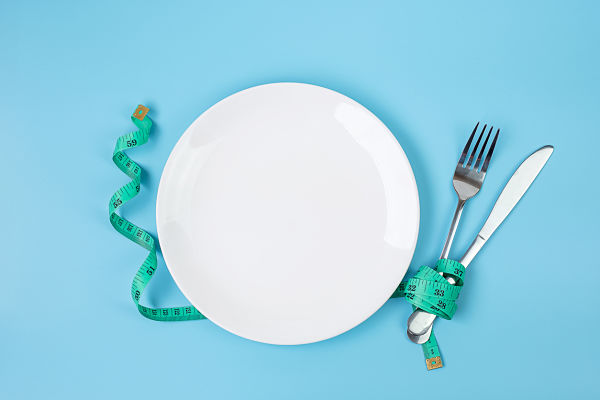Why your hormones won’t help you lose weight by skipping breakfast

It’s more than possible that you have gained a few pounds over Christmas so the temptation may be to skip breakfast in order to hasten weight loss.
Unfortunately this is unlikely to work as skipping meals has several effects on your hormones which are less than helpful – effectively this acts a metabolic miscue. Let me explain.
Hunger related hormones are released
Your main hunger hormone is Ghrelin. Primarily created in the cells in the stomach, small amounts of Ghrelin are also released by the small intestine, pancreas and brain.
It is secreted when your stomach is empty and enters the bloodstream before acting on your hypothalamus - which is an area of the brain crucial in the control of appetite and your amygdala – the brain’s pleasure centre.
The levels of Ghrelin in your body change dramatically through the day. It is at its highest before you eat – or when you fast - and at its lowest about an hour after you’ve had a meal.
Ghrelin’s function is
- to stimulate your appetite
- increase your food intake
- slow down your metabolism
- decrease the ability of your body to burn fat
- and promote fat storage – mainly by way of amassing fatty tissue in the abdominal area.
For all these reasons it’s not a good idea to allow your ghrelin levels to rise by skipping breakfast.
Your appetite suppressing hormones become skewed
The other hormone which will behave in an unhelpful way when you skip meals is Leptin.
Sometimes called “the satiety hormone,” the role of Leptin is as an appetite suppressor.
Released by the cells in body fat, Leptin is secreted into the circulatory system and triggers the hypothalamus to lower the appetite.
If there is a sudden reduction in the energy supplied by food, however, Leptin levels will decrease (because they are a signal for energy storage) this means they have a reduced effect on signalling that you are feeling full. This may lead to you eating more than usual later
…
Cortisol levels will rise
Produced in the adrenal glands, the function of cortisol is to help your body use fat and sugar for energy and for the management of stress.
If you skip a meal your body sees this as a small emergency. As a result your cortisol levels will rise.
And if the meal you skip is breakfast – literally “break fast” the cortisol levels - which are highest at 7am - will not have been reduced
When cortisol levels are elevated it causes fat to be deposited deep in the abdomen. This visceral fat in turn will produce more cortisol so that losing it becomes quite challenging.
Those who regularly skip breakfast are more susceptible to weight gain and – more worrying – it increases your risk of high blood pressure and cholesterol levels as well as heart disease and diabetes.
According to a Harvard Study which looked at 27,000 men aged between 45 and 82, men who skipped breakfast every day were 27% more likely to have a heart attack or die due to coronary heart disease
Overall your metabolism will slow down
This is because your body is trying to conserve energy as your body is not getting enough fuel. This will make it even more difficult to lose weight.
In conclusion, skipping breakfast probably won’t accelerate your weight loss and may in fact do the opposite.
There’s seldom any shortcut to losing weight and to keep weight off its all about developing good lifestyle habits which work with your body. This includes eating sensible portions regularly and increasing your exercise levels.
I hope this helps.
Although every effort is made to ensure that all health advice on this website is accurate and up to date it is for information purposes and should not replace a visit to your doctor or health care professional.
As the advice is general in nature rather than specific to individuals Dr Vanderpump cannot accept any liability for actions arising from its use nor can he be held responsible for the content of any pages referenced by an external link










